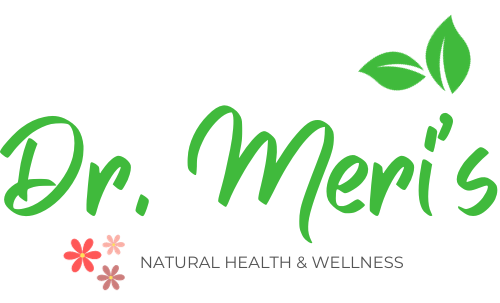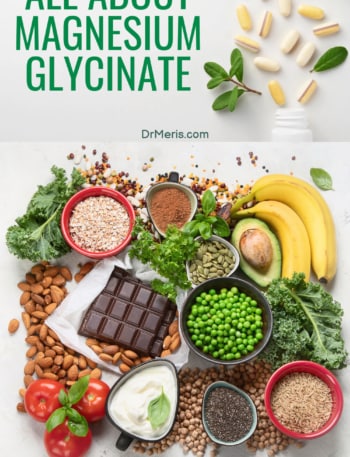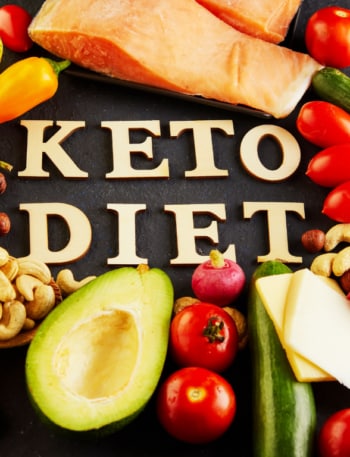Certain recipes, like Caesar salad dressing, chocolate mousses, and ice cream, require the use f raw eggs, and a lot of individuals also eat eggs in their raw form for their health benefits. Yet, consuming raw eggs might not be a good idea.
The United States Department of Agriculture (USDA) advises against eating raw, unpasteurized eggs because they may harbor bacteria that could lead to sickness. Nonetheless, there’s been a growing interest among consumers for raw, unprocessed food.
While eggs are packed with essential nutrients, consuming them raw increases the risk of getting Salmonella. Eating raw eggs can also hinder the body’s ability to absorb certain vitamins and minerals.
So how safe is it to eat raw eggs? Does it benefit your health in any way?
In this article, we explore the advantages and disadvantages of consuming raw eggs.

Related articles:
How to Pasteurize Eggs at Home?
Raw Vs. Pasteurized Milk: Risks and Benefits
How to Pasteurize Milk at Home?
Nutrition
People often wonder if it’s good to eat raw eggs. This question is especially popular among athletes and bodybuilders because eating raw eggs is seen as a fast way to get a lot of protein. Actually, the idea of eating raw eggs became famous because of a scene in the movie “Rocky,” where the main character, a boxer, drinks a glass of raw eggs as part of his workout routine.
For those aiming to boost their protein and nutrient intake, eggs are an excellent choice. They are rich in both essential and non-essential nutrients and have been the subject of numerous scientific investigations.
Nonetheless, the nutritional content of raw eggs differs significantly from that of cooked eggs, and there are concerns about the potential for Salmonella infections when consuming raw eggs or foods made from them.

One big, raw egg of about 50 g has (1):
- 75 calories
- 6.5 g of protein
- 5.5 g of fat
- 186.5 mg of cholesterol
Besides these main nutrients, raw eggs are also packed with lots of vitamins and minerals. These are (1):
- Vitamin A
- Vitamin D
- Vitamin B6
- Cobalmin
- Iron
- Calcium
- Phosphorous
- Potassium
Furthermore, a raw egg offers 147 mg of choline (27% of your Daily Value), a crucial nutrient that has been linked to improved brain function and heart health (2).
Eggs are also rich in lutein and zeaxanthin, key antioxidants that safeguard your eyes and may lower the risk of age-related eye conditions (3).
It’s worth noting that the majority of these nutrients are found in the yolk, while the egg white primarily consists of protein.
Risks Consuming of Raw Eggs
Raw eggs may be difficult to digest compared to cooked eggs.
Research has shown that raw eggs are not digested and absorbed as well as cooked eggs. Cooked eggs show 91% of protein digestion and better amino acid absorption, showing that cooking improves how our bodies digest and absorb protein. This is important because it affects how much protein is available for our bodies to use after eating (4, 5).
Consuming raw eggs may reduce the absorption high-quality proteins compared to cooked eggs.
Consuming raw eggs may reduce the absorption high-quality proteins compared to cooked eggs.Eggs are among the top animal protein sources available, containing all 9 essential amino acids. This is why they are often described as a “complete” protein source (6, 7).
A small study indicated that eating raw eggs could lead to lower protein absorption compared to cooked eggs (8).
The study examined the absorption of protein from both cooked and raw eggs in 5 individuals and discovered that 90% of the protein from cooked eggs was absorbed, whereas only 50% of the protein from raw eggs was absorbed.
This absorption issue with raw eggs is something to consider, especially if eggs are your primary source of protein, but the small size and age of the study prevent drawing definitive conclusions.
It’s possible that your body might not absorb the protein from raw eggs as efficiently as from cooked eggs, but more research is necessary to confirm this.
Raw eggs may be contaminated with dangerous bacteria
Uncooked and partially cooked eggs may harbor Salmonella, a kind of harmful microorganism.
Salmonella can infect eggs in two main ways:
- either directly when the egg is forming in the chicken
- indirectly when Salmonella gets on the eggshell and seeps through the membrane
Indirect infection can occur during the egg production, while handling, or during the cooking process (9).
Nonetheless, the FDA suggests that roughly 79,000 individuals develop illnesses from eating contaminated food, and 30 individuals pass away annually as a result of consuming eggs infected with Salmonella.
Certain chickens are infected with Salmonella typhimurium and Salmonella enteritidis in their reproductive systems.
Consuming eggs contaminated with Salmonella may lead to foodborne disease.
Symptoms of Salmonella foodborne illness include abdominal pain, diarrhea, vomiting, and fever. These symptoms typically start 6 days after exposure and can last 4 to 7 days after ingesting the contaminated food (10).
From 1995 to 2002, eggs were found to be the cause of 53% of all Salmonella cases reported to the Centers for Disease Control and Prevention (CDC). In 2013, it was estimated that Salmonella led to around 1 million illnesses in the United States (11).
The U.S. Department of Agriculture (USDA) deems it safe to consume raw eggs if they have been pasteurized (12).
Pasteurization is a common technique used to reduce the risk of Salmonella contamination. This method involves heating food to lower the number of bacteria and other microorganisms.
Eating raw eggs can be more dangerous for some individuals
Most individuals who suffer from Salmonella food poisoning recover quickly, but there are groups at higher risk for infection and experiencing more severe symptoms.
Older adults, pregnant women, those with weakened immune systems, and young kids should avoid the consumtion of raw eggs and foods that contain them, particularly if the eggs haven’t been treated with heat (11).
Learn How to Pasteurize Eggs at Home
Reducing the chance of getting a bacterial infection
What steps can I take to lower the risk of illness from eggs?
- Purchase eggs from vendors and shops that maintain a cold storage temperature for eggs.
- Store your eggs at a temperature of 40°F or lower.
- Throw away eggs that have cracks.
- Cook eggs until the yolk and white are solid.
- Prepare egg-based dishes to a safe cooking temperature.
- Think about opting for eggs and egg products that have been pasteurized.
- Rely on pasteurized eggs for recipes that include raw or undercooked eggs.
- Consume or store eggs and egg-containing dishes right after cooking. Refrigerate them within 2 hours, or sooner if the eggs have been exposed to temperatures above 90°F (like in a hot car or during a picnic).
- Wash your hands and any surfaces or tools that touch raw eggs with soap and water. This includes countertops, utensils, dishes, and cutting boards.
- Avoid tasting or eating raw dough or batter that includes raw eggs, like in cookie dough or cake batter.
When should I reach out to my doctor?
Reach out to your physician if you experience:
- Diarrhea that doesn’t get better after three days
- Bloody stools (feces)
- Vomiting that continues for more than two days
- A fever above 102°F (39°C)
- Symptoms of dehydration, such as infrequent urination, intense thirst, a very dry mouth, dizziness, or lightheadedness, or urine that is very dark
Contact your child’s pediatrician if your child is experiencing:
- Diarrhea that doesn’t improve after 1 day in children under 2 years old, or 2 days in other children
- Bloody stools
- Vomiting that continues for more than 12 hours in infants,
- A fever above 102°F (39°C)
- Symptoms of dehydration, such as not urinating for three or more hours, a dry mouth or tongue, or crying without producing tears
How to inspect the freshness of an egg
- Ensuring the freshness of the egg is of paramount importance. This involves confirming that the egg is indeed fresh, with the shell intact and devoid of any cracks.
- The eggshell is subsequently washed to maintain cleanliness.
- To further assess the egg’s quality, a “float test” is conducted by immersing the egg in salty water to determine if it floats. An egg that floats is indicative of spoilage and should be discarded.
- Upon cracking open the egg, a thorough examination is performed to identify any abnormalities or discolorations.
- Additionally, the presence of an odor is a clear indication of spoilage, warranting the immediate disposal of the egg. It is noteworthy that eggs typically exhibit minimal to no odor, further reinforcing the importance of these quality checks.
Conclusion
Eating raw eggs offers similar nutritional advantages as cooked eggs. However, raw eggs may be more difficult to digest and the ability to absorb protein might be reduced from raw eggs.
The biggest concern with raw eggs is the potential for bacterial contamination, which could lead to a Salmonella infection. Choosing pasteurized eggs can lower the risk of infection.
It’s best for young children, pregnant women, the elderly, and those with weakened immune systems to avoid raw eggs.
Purchasing pasteurized and refrigerated eggs can decrease the risk of getting a Salmonella infection. It’s also crucial to handle and store them properly after bringing them home.
Sign Up for Our Email List
Get our latest articles, healthy recipes, tips, and exclusive deals delivered straight to your inbox with our newsletter.
We won't send you spam. Unsubscribe at any time.








